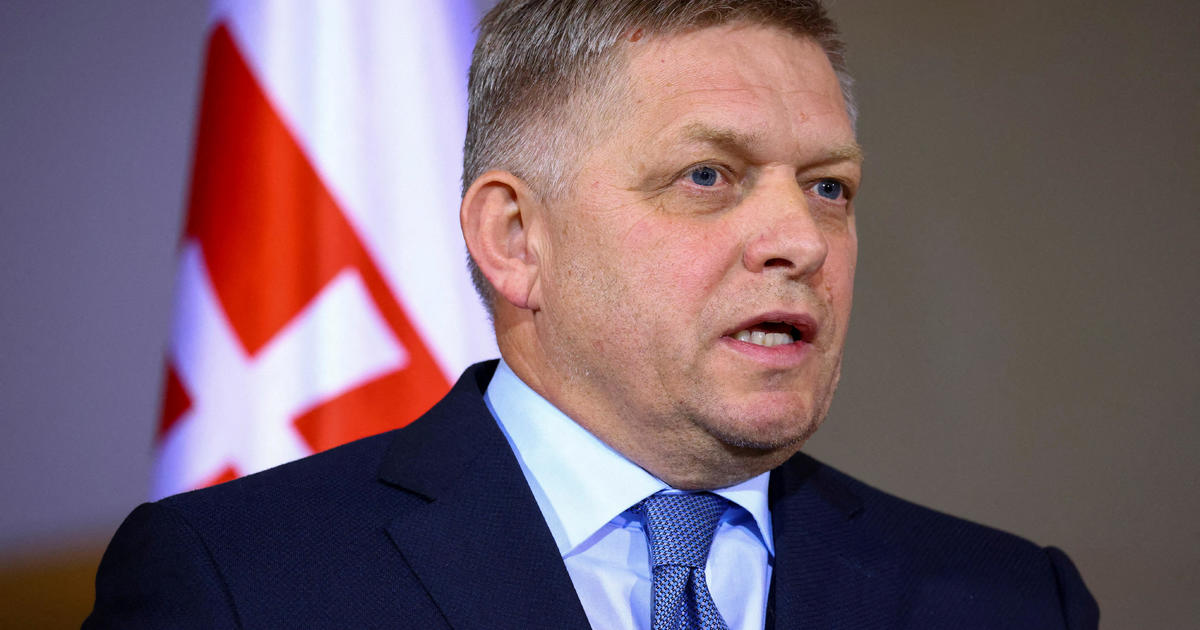On a day shadowed by violence, Slovakia’s political landscape was rocked to its core with an assassination attempt on Prime Minister Robert Fico. Known for his divisive political style, Fico's leadership has been characterized by stark polarization and controversial governance, reflecting a broader trend of divisiveness within the nation.
Robert Fico, leader of the left-leaning Smer-SD party, has been a pivotal figure in Slovak politics. His tenure has witnessed significant political and social tensions, underlined by harsh rhetoric against immigrants and liberal policies, often aligning with populist movements across Europe. This approach has not only shaped his political persona but also the Slovak political environment, embedding deep divisions within the society.
The attack on Fico occurred amidst these escalating tensions, raising questions about its motivations, which remain under investigation. Early speculations suggest a politically motivated act, given the charged atmosphere Fico himself has frequently fueled. This incident underscores the dangerous levels to which political discourse has sunk, where inflammatory politics potentially incite violent acts.
Slovakia’s journey to this point is marred by intense political confrontations and protests, especially following last year’s elections, which saw Fico’s return to power. His administration has not eased the societal rifts but seemingly deepened them, with continuous protests reflecting widespread dissatisfaction and unrest.
The repercussions of this assassination attempt are significant, shaking the political foundation not only of Slovakia but potentially influencing regional stability. It reveals the perilous consequences of a politics steeped in division and hatred—an environment where political disagreements transcend debates and manifest in violence.
This incident is a crucial moment for Slovakia, as it could redefine political engagement and prompt a critical examination of the rhetoric that has dominated the national dialogue. The country stands at a crossroads, where it must decide whether to continue on a path of divisive politics or seek a more inclusive and constructive political discourse.









